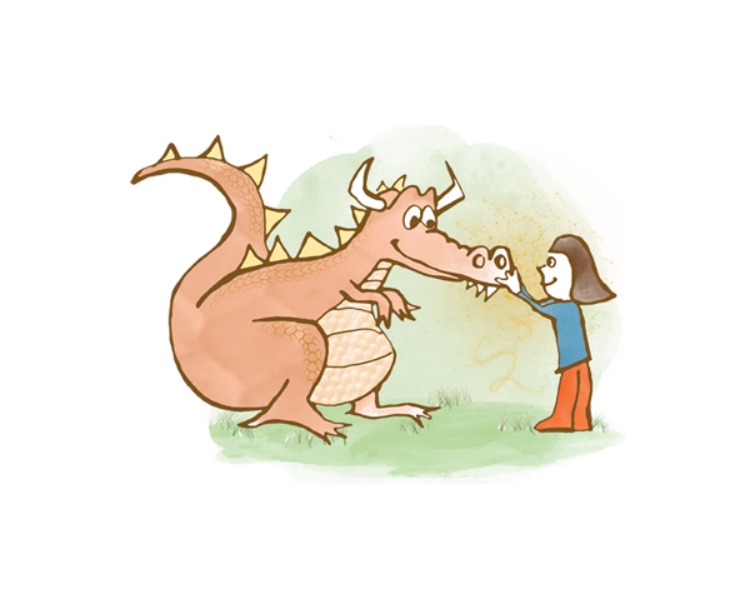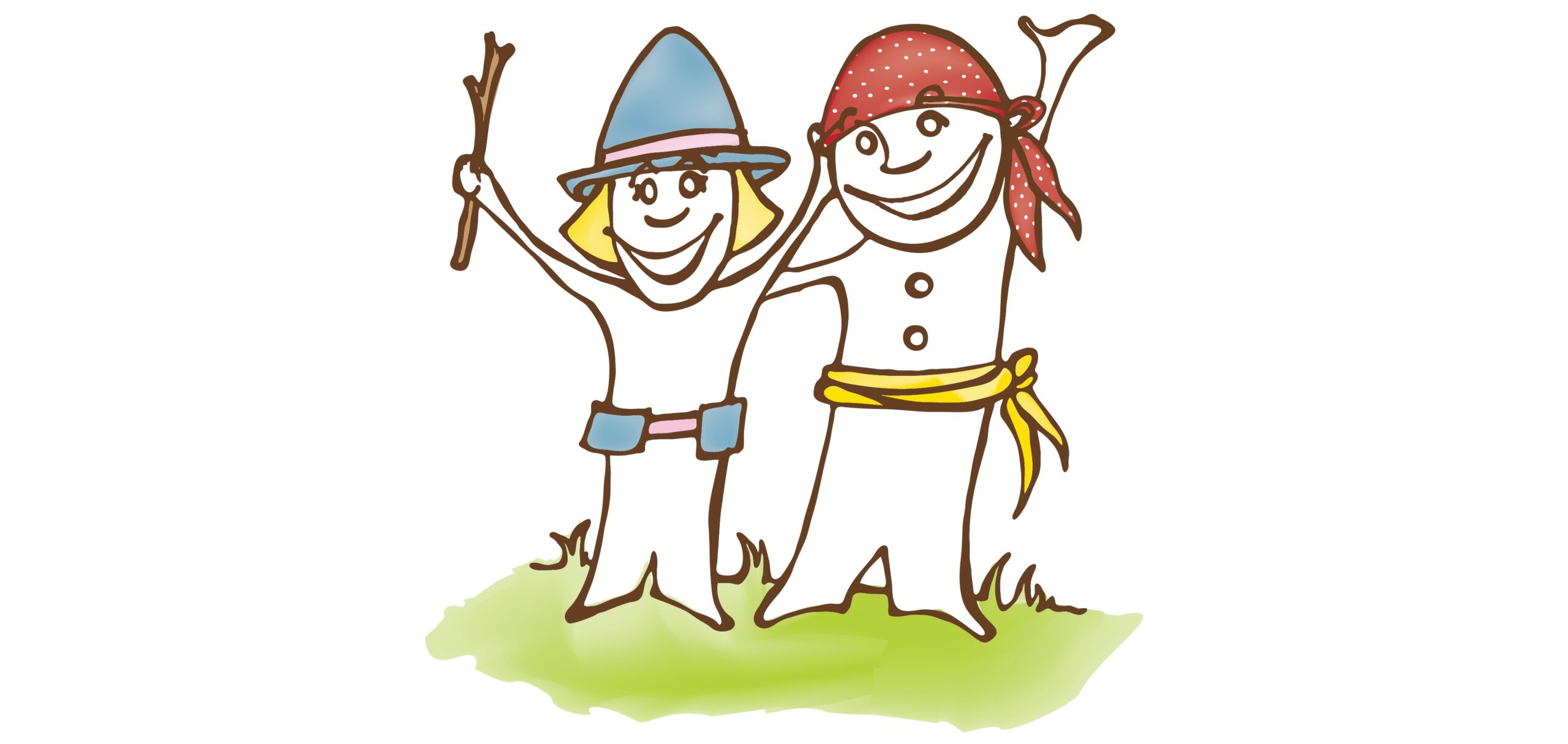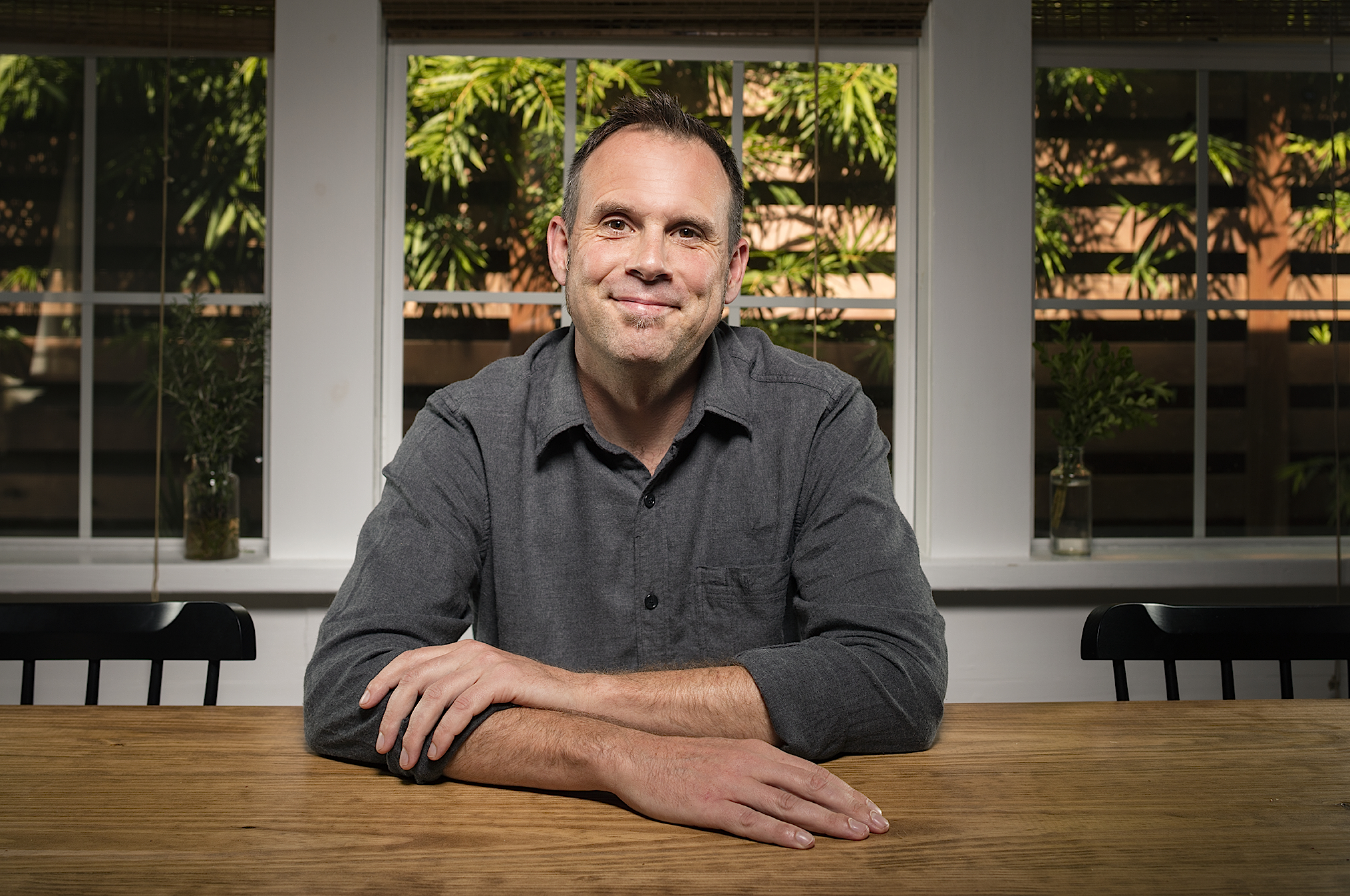Why Podcasts Make Your Kids Smarter
We all want our kids to be smart. We want them to be smart, strong, brave, and kind – and so, as parents, we then seek out opportunities, tools, methods, and strategies that might support that aim. My fathering tends to be very mathematical. If there is a goal, then there are component parts that will lead to fulfilling that goal. And as a person who likes inspiring quotes, I’ll start with a quote from the most famous mathematician and physicist ever:
“If you want your children to be intelligent, read them fairy tales. If you want them to be very intelligent, read them more fairy tales.”
This is a quote by Albert Einstein, and because Einstein said it, we are naturally inclined to take it seriously. But it is a strange quote. It is a surprising topic for Einstein whose fame is so fundamentally connected to math and science. So, what does it mean? Usually people focus on the “fairy tale” part of the equation – that it must be the content of fairy tales that determines the amount of intelligence. In my understanding and experience as a professional storyteller, however, this is only partially true. Yes, content is important and, yes, the content of fairy tales is solid gold. But I believe that this is not Einstein’s point.

I think Einstein wanted to say that listening to fairy tales is key. Listening is the invitation to imagination and imagination is what builds intelligence. Imagination, to be clear, is the act of creating images in our minds. Imagination is taking a group of words like “smoky mountain” and then creating in our minds our own version of what “smoky mountain” might look like. When we look at pictures or movies or video game screens, the images are given to us. We need not engage with our imagination. And if we incorporate another quote from Einstein — “Imagination is more important than knowledge” — the conclusion is that if we want our kids to be smarter, we must give them content without giving them the images. Have them listen to stories.
And this is why audio podcasts will make your child smarter.
Before I list a few of these intelligence-building podcasts, let’s buffer the argument with a little neuroscience.
Leo Widrich, in his article “The Science of Storytelling: What Listening to a Story Does to Our Brains,” references research done in Spain saying, “Not only are the language processing parts in our brain activated (when listening to a story), but any other area in our brain that we would use when experiencing the events of the story are too.”
Uri Hassan, a professor of neuroscience from the University of Trento in Italy, explains the concept of coupling: “When you tell a story and I listen to it, my brain expresses the same patterns that yours does while telling the story. This kind of coupling also happens between people who are listening to the same story. It is only when the story is fully aligned so as to express meaning that the coupling reaches deeper into the higher level functioning centers of the brain like the frontal cortex.”
So there you have it. We are wired for stories well-told. In the distant past, this was done in person under the stars. Today, we have podcasts.
Here are a few you might consider sharing with your children:
Rebecca Sheir of Circle Round Podcast says “every episode – which is a radio play version of folktales from around the world — ends with a creative call to action, where we offer a question or creative activity to help our audience reflect on the issues brought up in the narrative — from kindness, generosity and patience, to persistence, courage and friendship.”
Mick Sullivan of The Past and the Curious says “the driving principle behind my show is cultural literacy. So within an engaging story we hope to teach about, say, the development of transportation, the Harlem Renaissance, new vocabulary, or a host of other things.”
Rhea Pechter of Little Stories for Tiny People says that “the stories always have themes like empathy, kindness, respect, loss, power with others rather than power over others, healthy boundaries, etc. Before each story, I remind listeners to imagine the story in their minds and use to it fuel their own artwork.”
Dan Saks of Noodle Loaf says that his podcast “tries to connect with children who learn in different ways and create an environment rich in creativity and collaboration. To a child, the segments are heard as games but music teachers know that concepts of rhythm, improvisation, pattern recognition, pitch matching are in there hiding.”
Rebecca Weaver of Be Calm on Ahway Island says “all our stories and meditations are written to help children grow, as Fred Rogers would say, on the inside. We focus on mindfulness, empathy, emotional self-regulation, and flexible thinking.”
Lindsay Patterson of Tumble Podcast says her podcast “has a teacher store stocked with materials to go along with our episodes, including NGSS-aligned curriculum packages, hands-on activities and experiments, episode transcripts, and original music. We created the store because we hear from so many teachers who are using our podcast in the classroom and we want to make it easier to extend the learning from the podcast.”
April Combs Mann of April Eight says: “I see my role of storyteller as a way of shaping how children understand the impact of their own interactions in the world. By giving examples of such things as how noble people encounter difficulty, their interactions and thoughts, I can teach children the ways in which they too could be strong in the face of something they don’t understand or don’t agree with.”
For even more wonderful educational podcast recommendations, take a look at this article from Play Podcast!
And I can say that every story we offer at Sparkle Stories is in some way pedagogical. From getting children to clean their room in “The Dirty Dusty Gnome” to encouraging good sportsmanship in “The Star Formation,” we find that children will gladly consume what is good for them when it is couched inside a story well-told.
Happy Listening, David
Not yet a subscriber? Try a free trial HERE.
About the authors
-

David Sewell McCann
Story SpinnerDavid Sewell McCann fell in love with spinning stories in first grade – the day a storyteller came to his class and captured his mind and imagination. He has been engaged in storytelling all of his adult life through painting, film-making, teaching and performing. Out of his experience as a Waldorf elementary class teacher and parent, he has developed a four step method of intuitive storytelling, which he now shares through workshops and through this website.



